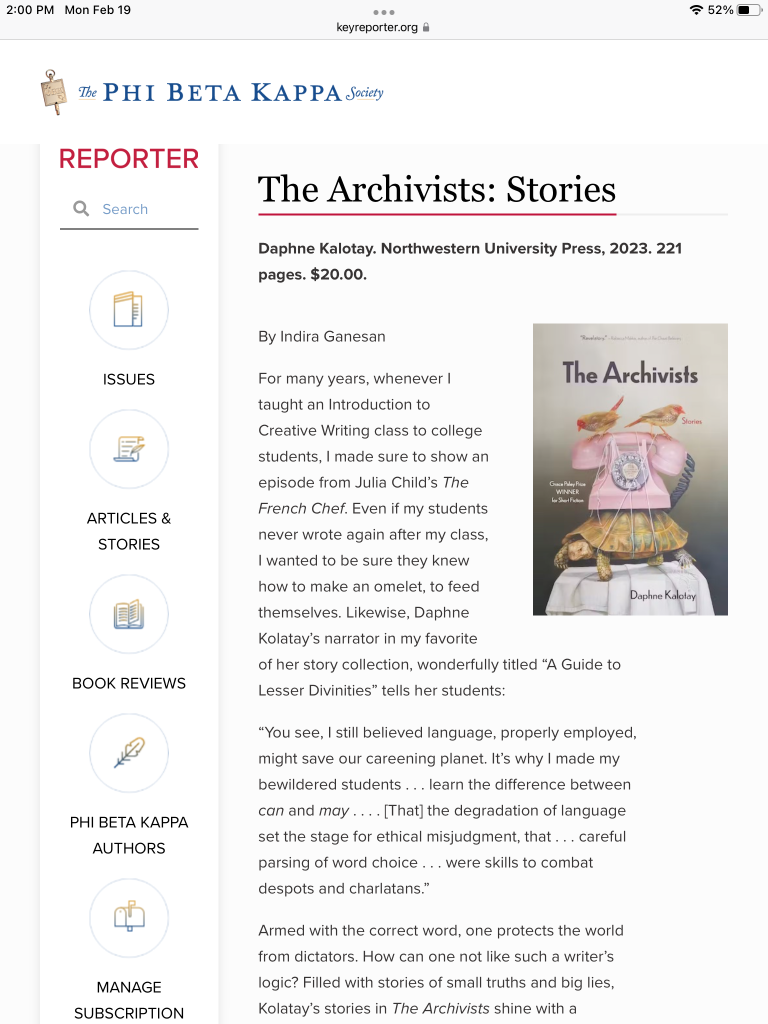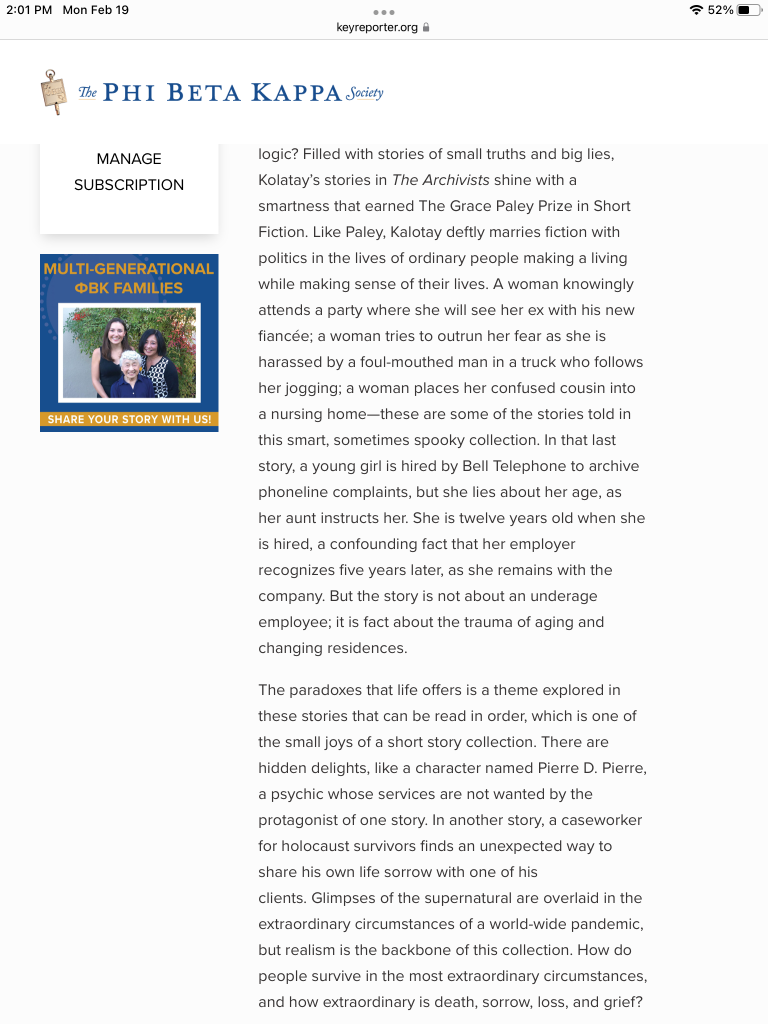It has been a long while since I’ve posted here. I give a one- day workshop at Wellfleet Preservation Hall, and so far three people have signed up. My numbers are small, sometimes just one person, sometimes nine, though mostly it is often three or four students. What always surprises me is the alchemy that occurs when a group of shy writers take a chance on themselves and their writing, trusting the process, the appeal of an indie class. Trust happens almost magically, as I see it, as work is shared and received, creating paths for change, for new views. A conversation begins about work, about confidence, about lives lived. Each session runs for three hours, and lately I have been offering either one-day workshops or three- days.

I will also be teaching a Graduate Fiction a workshop for Emerson College on zoom, as I have been doing most summers. An intense class of a dozen MFA students that meets twice a week for three hours for six weeks is a dizzying difference to my local workshops, but alchemy occurs there as well. Here, students are responsible of two stories of up to twenty pages per term, which means we can cover about eighty pages a week with a hour devoted each story. We start late May, end in July.
Today, the campus was closed in response to the arrests of dozens and dozens of students protesting the killings in Gaza. The number of people arrested was 108, that potent Buddhist number that signifies a microcosm of the microcosm. ( update: 118 were arrested.) When students protest, the result can be democratic change or military brutality. At Emerson, all arrested people were released, and classes will resume tomorrow. I no longer commute to campus, so my connection is not through conversation but from newspaper accounts, and official emails. I am a part time faculty as well, which further distances my connection. There is an aching guilt in me that I am removed from this crisis, watching from afar from my rural home on the edge of an ocean, but I am made confident by the amount of students all over the country who are moved to act, which statement, I am aware, like much of this paragraph, is an over-simplified generalization of the kind I warn my students against writing. Still. Children are being killed. That is the truth in this world now. And it is in this truth we write.





